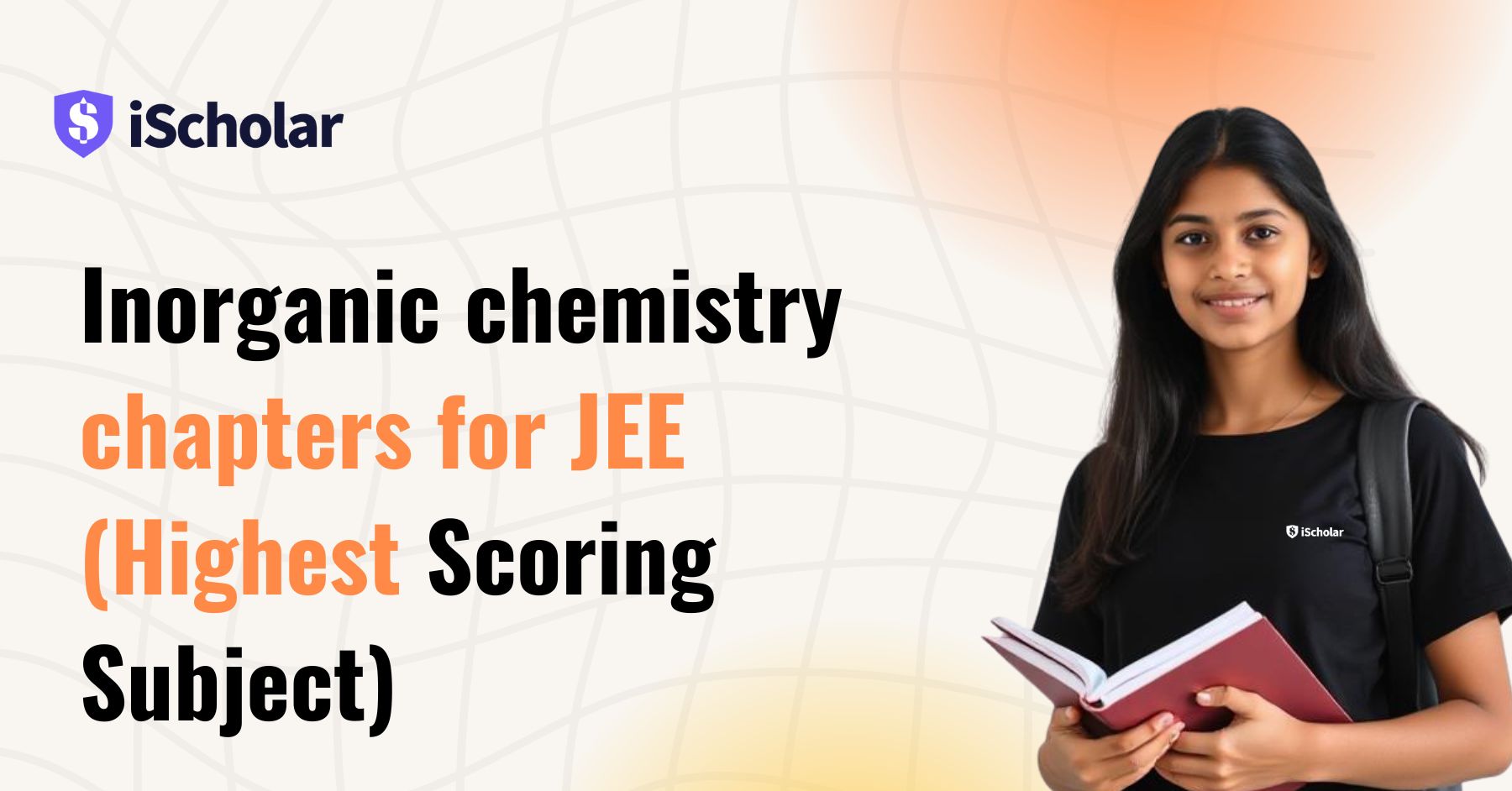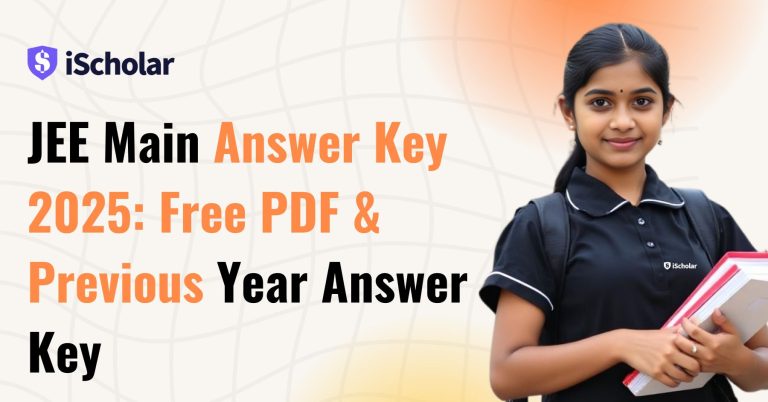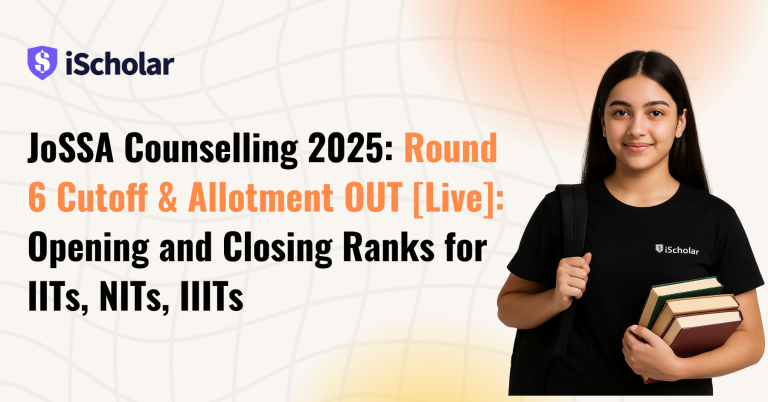Inorganic chemistry is an essential topic in the Joint Entrance Examination (JEE) for students aspiring to pursue engineering and science-related courses in India. However, mastering inorganic chemistry can be a daunting task, especially with the vast amount of information and concepts to be covered.
To succeed in the inorganic chemistry section of the JEE exam, it’s crucial to have a clear understanding of the fundamental concepts and essential chapters. This article will provide you with a comprehensive guide to all the inorganic chemistry chapters for JEE that you need to know. From understanding the periodic table trends to grasping the intricacies of coordination compounds, we’ve got you covered. So, buckle up and get ready to take your first step towards acing the inorganic chemistry section of the JEE exam.
JEE Mains
JEE-Mains is an Indian standardized computer-based test for admission to many technical undergraduate courses in engineering, architecture, and planning across colleges in India.
It is a three-hour undergraduate-level exam with a total of 300 marks. This exam is conducted in 13 languages.
The exam pattern and marking scheme are quite simple. They consist of multiple choice questions, where 4 marks are allotted for a correct answer and 1 mark is deducted for a wrong answer. No marks are given for non-attempted questions.
JEE Mains consists primarily of two papers, Paper I and Paper II. Let’s find out the details of the structure and syllabus in the next section.
Syllabus and Structure
JEE Mains chemistry syllabus comprises topics from Physical Chemistry, Organic, and Inorganic Chemistry and has a total weightage of 33.3%. Chemistry is considered the most scoring subject, with average scores above 35.
As per the experts, chemistry is the most scoring subject, as this subject has 10 easy-level questions, 11 medium-level questions, and 4 hard-level questions. A total of 30 questions are asked in the JEE Mains question paper, out of which students are expected to answer 25 of them. There are 20 multiple-choice questions (MCQs) and 10 numerical-based questions among these 30.
Chemistry is considered to be the highest-scoring subject in the JEE Mains question paper because the questions are taken directly from NCERT books and exercises given in the 11th and 12th grades. 4 Marks will be allocated to correct answers, and 1 Mark will be reduced for incorrect answers. In the case of non-MCQ questions, no marks will be deducted.
Chemistry Weightage-
As mentioned earlier, the chemistry subject has 3 subsections: physical chemistry, organic chemistry, and inorganic chemistry. Let’s have a rough analysis of section-wise weightage. According to the previous year’s papers analysis, the table below shows the weightage with respect to the subsections of chemistry.
| Section | Weightage |
| Inorganic Chemistry | 34 % |
| Organic Chemistry | 35.6 % |
| Physical Chemistry | 30.4 % |
Inorganic Chemistry Chapters for JEE Mains 2023
To maximize your score in the inorganic chemistry section of the JEE Main exam, it’s important to have a clear understanding of the essential chapters and topics. Inorganic chemistry forms a significant part of the JEE Main chemistry syllabus and carries a significant weightage in the exam.
The table below shows the chapters of inorganic chemistry for JEE Mains 2023.
| Classification of elements and periodicity in properties |
| Hydrogen |
| Block elements (alkali and alkaline earth metals) |
| P Block elements, group 13 to group 18 elements |
| d- and f – block elements |
| Coordination compounds |
| Environmental chemistry |
| General principles and processes of isolation of metals |
The candidate must clear the JEE Mains exam before appearing for the JEE Advanced exam, as JEE Mains is considered the first step of the IIT/JEE Advanced exam. Students are constantly looking for ways to improve their scores. Inorganic chemistry is a vital component of the JEE Advanced chemistry syllabus, and it requires a more in-depth understanding of the concepts and theories than the JEE Main exam.
Inorganic Chemistry can help them do so, as the questions under this section take less time to complete and can help you score higher. The later section of the article will provide a comprehensive list of the essential inorganic chemistry chapters that are likely to appear in the JEE Advanced exam.
JEE Advanced 2023
Joint Entrance Examination – Advanced (JEE-Advanced) is an academic examination held once a year in India. It is the second phase of JEE. JEE Advanced 2023 will be organized by the National Testing Agency (NTA) for candidates who are in the top 2,50,000 of JEE Main 2023 Exam.
The exam conducting body will release the application form for JEE Advanced 2023 at their official website jeeadv.ac.in/. Students can look at the eligibility criteria for JEE Advanced 2023 here.
As per the JEE Advanced exam paper pattern 2023, the exam will be conducted in an online mode that is a computer-based test having two papers- Paper 1 and Paper 2 (both mandatory). Both papers include 3 sections Physics, Chemistry, and Maths. For both papers, 3 hours each will be given to candidates. So, in total 6 hours of paper in a day.
Inorganic Chemistry Chapters for JEE Advanced
The table below shows the chapters on inorganic chemistry for JEE Advanced 2023
| Modern periodic table |
| Electronic configuration of Elements |
| Ionic and Covalent Bonding |
| Valence bond theory and Hybridization |
| Molecular Orbital theory |
| Hydrides |
| S block elements |
| P Block Elements |
| Boron, Carbon, and Silicon Compounds |
| Halogens and their properties |
| Extraction of Metals |
| D & F Block Elements |
| IUPAC Nomenclature and Isomerism of Coordination compounds |
| Valence bond theory & Crystal field theory |
| Qualitative and Quantitative analysis of Organic Compounds |
FAQ: Inorganic Chemistry Chapters for JEE
1. How many chapters are there in JEE inorganic chemistry?
JEE Inorganic chemistry has in total 8 chapters/units.
2. Which chapters come under inorganic chemistry?
Inorganic chemistry includes chapters – Classification of elements and periodicity in properties, Hydrogen, Block elements (alkali and alkaline earth metals), P Block elements group 13 to group 18 elements, d- and f – block elements, Environmental Chemistry, Coordination compounds, General principles and processes of isolation of metals.
Conclusion
The students should not ignore this section if they want to clear JEE, as inorganic chemistry chapters for JEE is an essential component of the JEE chemistry syllabus, and it carries significant weightage in both the JEE Main and JEE Advanced exams.
To maximize your score in the inorganic chemistry section of the exam, it’s crucial to have a clear understanding of the essential chapters and topics. Through this article, we’ve explored the essential inorganic chemistry chapters for JEE Main and JEE Advanced exams





